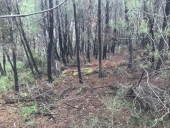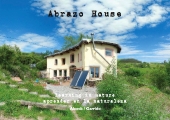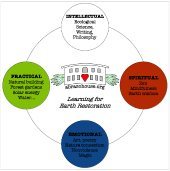


Robert Alcock wrote:
This thread is pretty old, but I just wanted to post an article about sweet holm oak acorns in Spain/Portugal which states that there are some (very few) truly sweet acorns that can be eaten without processing like any other domesticated nut. These are now being propagated by the Balanotrees nursery in Catalunya (I and friends have bought quite a lot of their trees, though I've yet to taste acorns from them.)
http://balanotrees.org/acorns-as-sweet-as-it-gets/
Best regards
Robert
abrazohouse.org

Arthur Haines wrote:Laura, I consume acorns every week for food. Given that they were staples of very indigenous groups, we know they were an excellent and non-allergenic food source. Please see this video: http://www.youtube.com/watch?v=QitkIGNwUgs, it will give you lots of information about acorns. I've also attached an article printed in the Bulletin of Primitive Technology. In short, there are no acorns that should be eaten without being soaked/leached, especially if you eat them in any quantity. Though many state they can be eaten without processing, you are consuming at least two antinutrients that remove mineral nutrition from your body (no different than consuming grains, legumes, nuts, and seed-like fruits--which our society rarely processes properly to maximize nutrition and minimize antinutrition). Best wishes.




